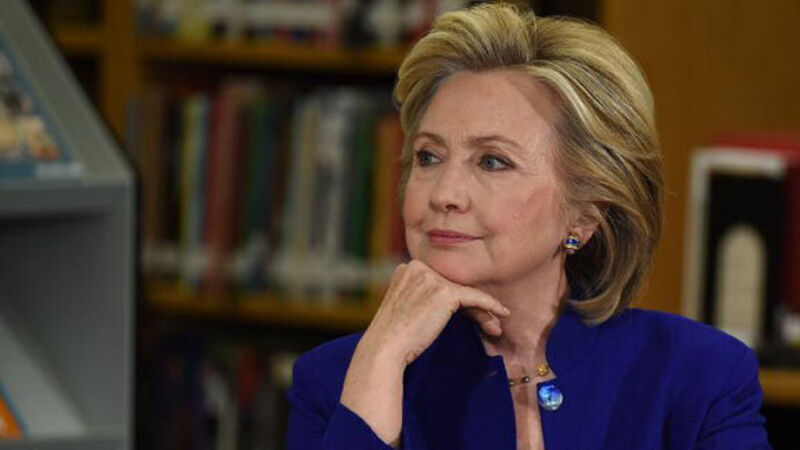Russian hackers targeted Clinton emails

Clinton received the infected emails, disguised as speeding tickets from New York, over four hours on the morning of August 3, 2011.
The emails instructed recipients to print the attached tickets. Opening an attachment would have allowed hackers to take control of a victim’s computer.














